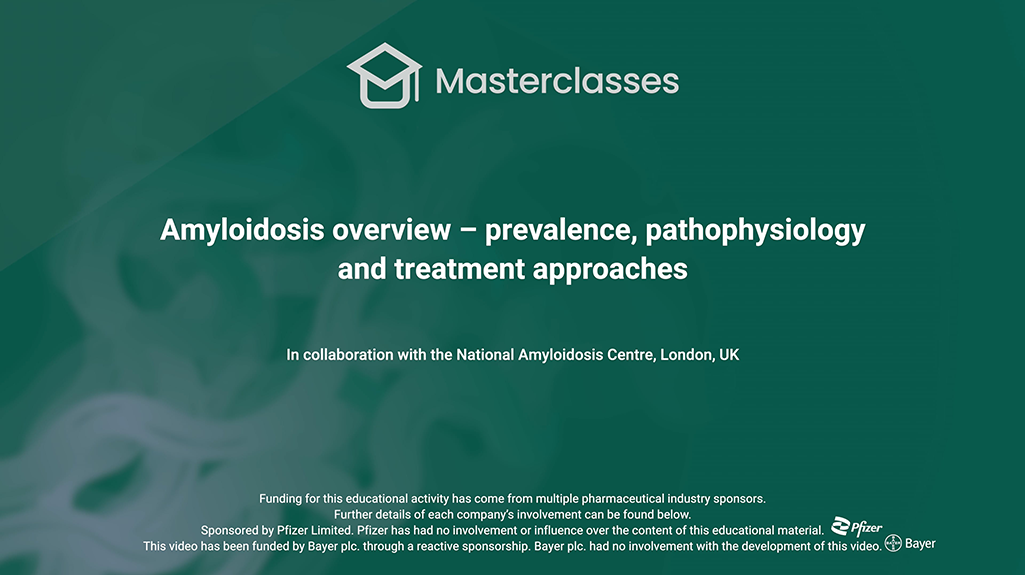Learning objectives
- Why, how and in whom Lp(a) should be measured
- Management of people with high Lp(a) levels
- The role of Lp(a) in atherosclerotic coronary artery disease
- Future prospects for the treatment of people with high Lp(a) levels
Speakers
Dr Dermot Neely Retired Lipidologist, HEART UK Trustee
Dr Jai Cegla Consultant in Chemical Pathology and Metabolic Medicine, Imperial College Healthcare NHS Trust
Learning module instructions
This BJC TV Learning module has a recommended award of 1 CPD credit for completion (1 hour of learning).
Completion requires a score of at least 80%. If less time is spent learning, then you should claim a reduced credit value.
After you have successfully completed the test you will be able to download your certificate.
Quiz Summary
0 of 5 Questions completed
Questions:
Information
You have already completed the quiz before. Hence you can not start it again.
Quiz is loading…
You must sign in or sign up to start the quiz.
You must first complete the following:
Results
Results
0 of 5 Questions answered correctly
Your time:
Time has elapsed
You have reached 0 of 0 point(s), (0)
Earned Point(s): 0 of 0, (0)
0 Essay(s) Pending (Possible Point(s): 0)
Categories
- Not categorized 0%
- Review
- Answered
- Correct
- Incorrect
-
Question 1 of 5
1. Question
CorrectIncorrect -
Question 2 of 5
2. Question
CorrectIncorrect -
Question 3 of 5
3. Question
CorrectIncorrect -
Question 4 of 5
4. Question
CorrectIncorrect -
Question 5 of 5
5. Question
CorrectIncorrect
Click here to view a podcast summary of the video discussion.
References:
- Cegla J et al. Atherosclerosis 2019;291:62–70
- Cegla J et al. Ann Clin Biochem 2021;58:16–21
- Lp(a) Clinical Guidance (2023). Lp(a) risk calculator. Available at: https://www.lpaclinicalguidance.com/ (accessed December 2024)
- National Clinical Guideline for stroke for the United Kingdom and Ireland (2023 edition). Available at: https://www.strokeguideline.org/app/uploads/2023/04/National-Clinical-Guideline-for-Stroke-2023.pdf (accessed December 2024)








